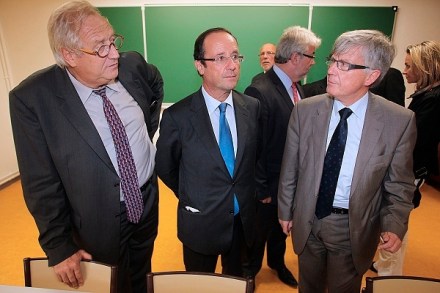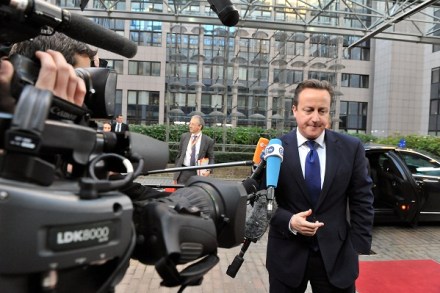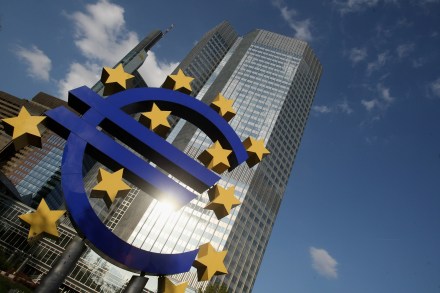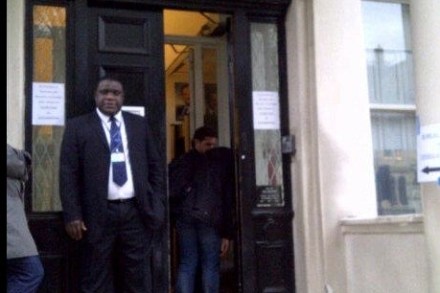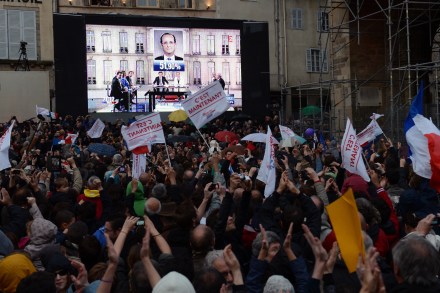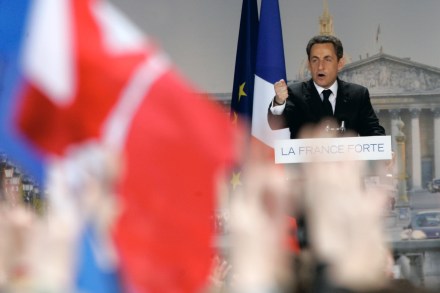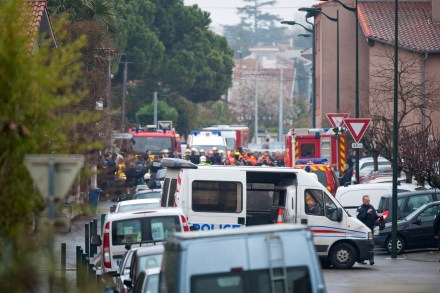Can the West solve a problem like Mali?
I fear that we are all going to have to learn a lot about Mali and the Sahel—and fast. It is rapidly becoming the latest front in the war on terror. Or, to be more precise, the West’s attempt to prevent the emergence of ungoverned spaces that can be exploited by Al Qaeda and its offshoots. The New York Times today has a good primer on the challenge facing the French in Mali: “The French are fighting to preserve the integrity of a country that is divided in half, of a state that is broken. They are fighting for the survival of an interim government with no democratic legitimacy that





